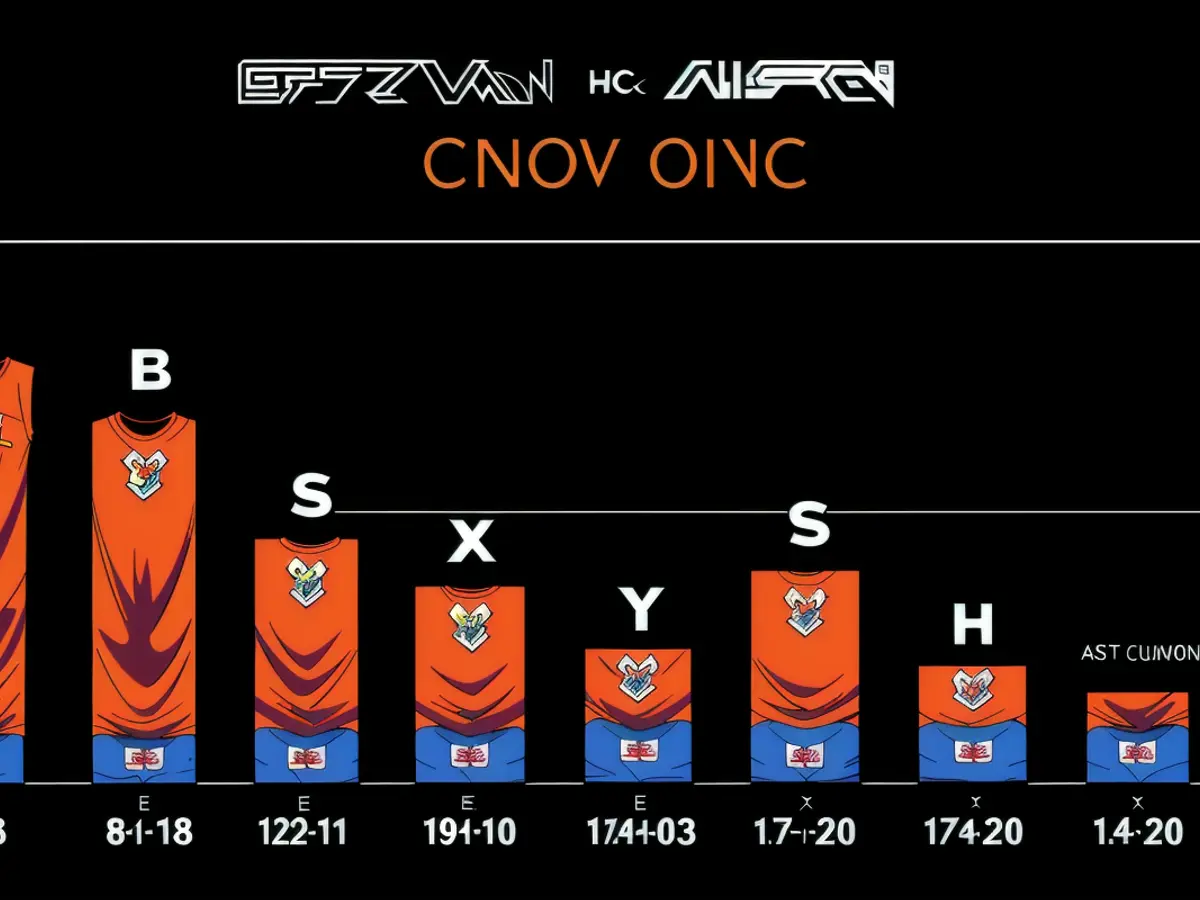Three compelling justifications make this high-yield stock an attractive investment option at present.
This year, the market has lost interest in Devon Energy (DVN -3.81%). At the current moment, the stock has decreased more than 15% compared to the start of the year. The decline in the stock price might be due to a mix of factors that mask its intrinsic appeal. Consequently, the drop in the share price seems like a promising buying opportunity. Here's why:
Devon Energy's underwhelming stock performance in 2024
Placing Devon against one of its oil and gas exploration and production competitors, such as Diamondback Energy (FANG -2.70%), can help explain one of the reasons behind the market's shift towards Devon. The two companies began the year with comparable market caps; however, Diamondback's stock has grown by 16%, while Devon Energy's stock has fallen by 15%.
The discrepancy in performance may reflect the companies' mergers and acquisitions (M&A) activities this year. The market took a liking to Diamondback's merger with Endeavor Energy Resources, but it was less enthusiastic about Devon's acquisition of Grayson Mill Energy.
The crucial distinction between the two acquisitions is that Diamondback's deal bolstered its exposure to the Permian region, while Devon's deal added assets in the Bakken region. Due to the superior output of Permian assets, they generally command a higher valuation than Bakken assets.
As a result, the market is scrutinizing the strategic direction of the two companies and Devon Energy's asset quality. Nonetheless, I believe that Devon Energy is a smart investment choice for the following reasons:
Devon remains a Permian play
The Grayson Mill Energy assets will increase Devon's share in the Bakken. However, Devon remains a company with its primary production and resources in the Delaware Basin (part of the larger Permian Basin). For instance, its Delaware assets were responsible for 67% of its production in the third quarter and accounted for 60% of its potential reserves. In contrast, its Williston Basin (Bakken) region assets contributed just 8% to its production. The addition of Grayson Mill assets will boost its Bakken production from 50,000 barrels of oil equivalent per day (BOED) to 150,000 BOED, implying that it will account for around 20% of its total production.
In addition to this, while some investors might have reservations about Bakken assets based on the aforementioned chart, there are also reasons to be hopeful. The acquisition of Grayson Mill assets is not only about acquiring resources and leveraging low valuations during a period of high oil prices; it will also increase the scale of the Bakken, enabling Devon to enhance the efficiency of its existing and new assets. Additionally, Devon can optimize operations and generate cost and marketing synergies by owning more assets in a single region.

Improving productivity
Management made a conscious decision to invest in its core Delaware Basin assets this year to improve productivity, and it's worked. Initially forecasting production of 650,000 BOED for 2024, management raised the estimate to a range of 677,000 BOED to 688,000 in August. Fast-forward to November, and the new target is 811,000 BOED to 833,000 BOED, bolstered by an additional 110,000 BOED from the acquired Williston Basin assets.
Whichever angle you look at it from, Devon has improved the productivity of its Delaware assets -- Delaware production rose by 11% to 488,000 BOED in the third quarter compared to the same period last year.
Long-term dividends
Devon's management disappointed income-seekers who were chasing short-term dividends by not paying a variable dividend in the third quarter.
However, the objective of investing in stocks is to believe that management can generate better returns on capital than investors can. Consequently, management's decision to focus on paying the fixed dividend of $0.22 a quarter and buying back $295 million worth of stock in the quarter made perfect sense given the decline in the share price. In addition, Devon retired $472 million of debt in the quarter. Both actions will make it easier to boost dividends per share in the future as they reduce the share count and future interest payments.
A promising investment
In conclusion, the stock price drop is somewhat unwarranted and offers a promising buying opportunity in a company with a lot of potential to generate substantial cash flow and pay generous dividends to investors in the future. Management estimates that it will generate about 9% of its current market cap in free cash flow assuming a price of oil of $70 a barrel. This would provide ample room for dividend increases as Devon increases its oil and gas production across its entire asset base and generates efficiencies in the Bakken.
Given the current market's downturn in Devon Energy's stock, some investors might be hesitant to invest. However, considering Devon's focus on improving its core Delaware Basin assets, resulting in a significant increase in production, and its strategic decision to retire debt and buy back shares, it could be a promising opportunity for long-term investors interested in the finance and investing landscape. Additionally, Devon's robust production in the Permian Basin and potential for dividend increases make it an intriguing investment option in the oil and gas sector, particularly if oil prices remain stable or increase.





